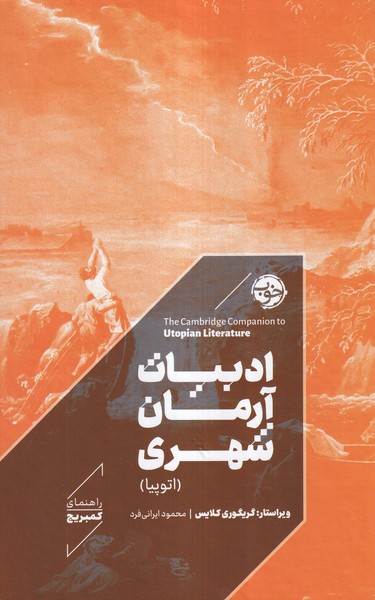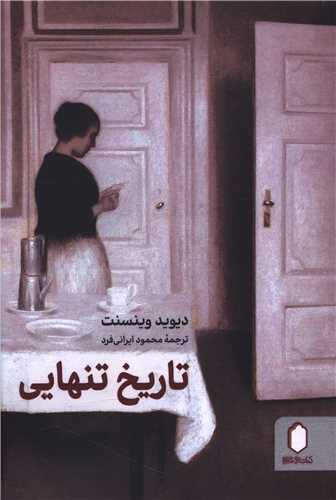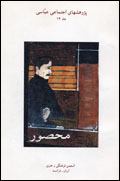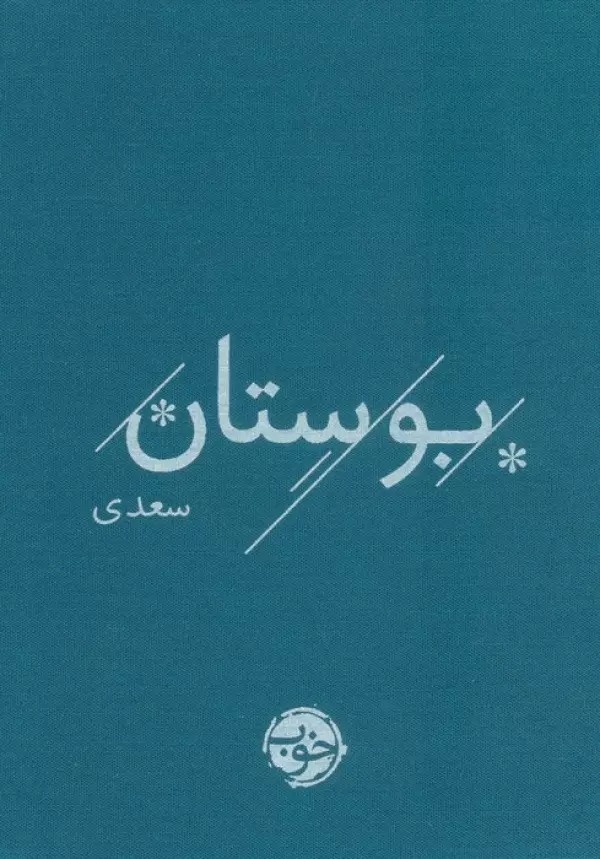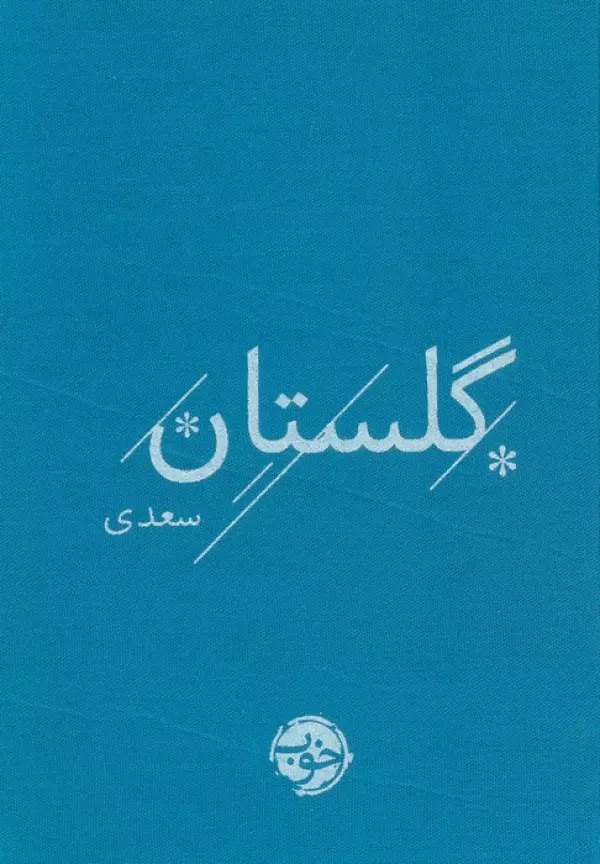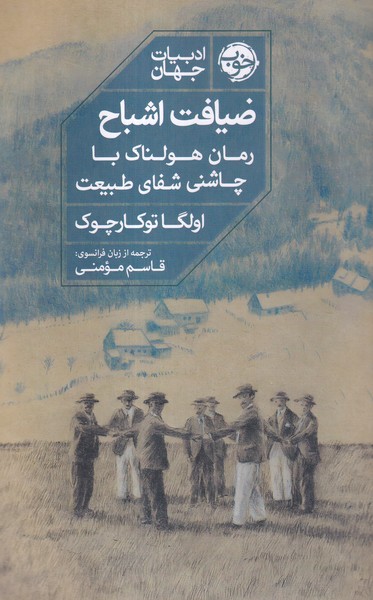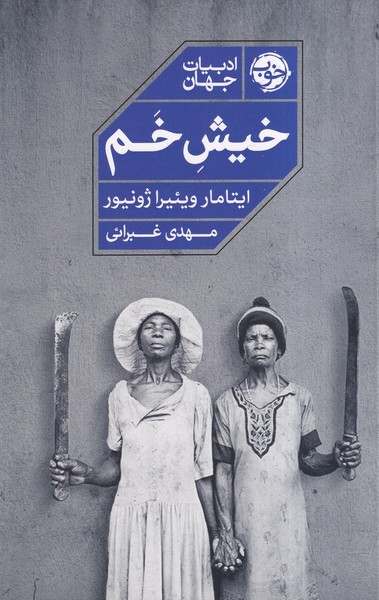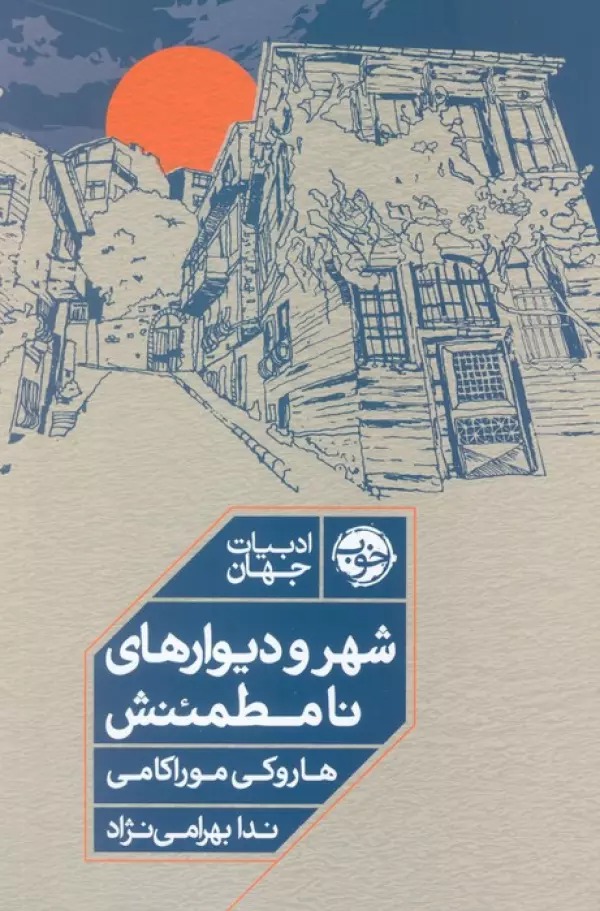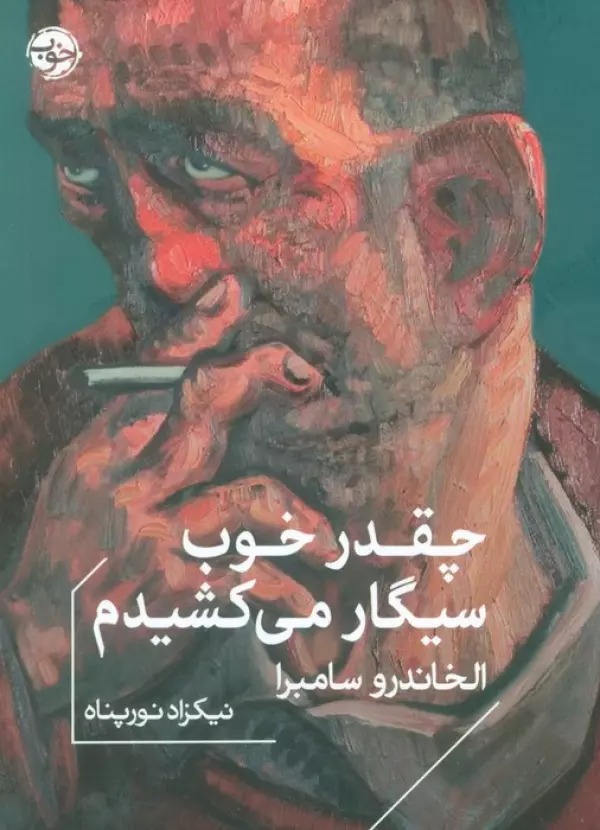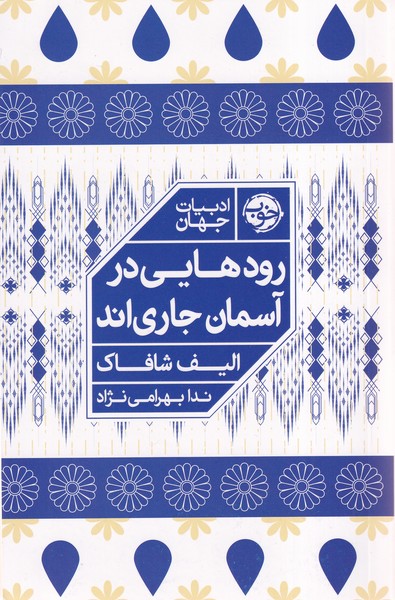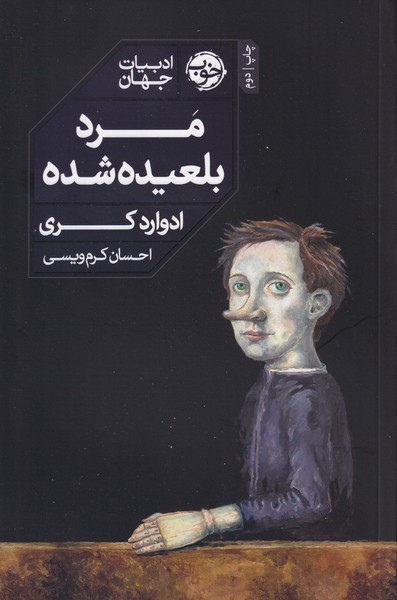Rāhnamā-yi Kambrīj: Adabīyāt-i Armān'shahrī (Utupīyā): Persian 1403
راهنمای کمبریج: ادبیات آرمانشهری(اتوپیا)
13.59 £
Share
Wishlist
Original Title:
The Cambridge Companion to Utopian Literature
ISBN:
9786228312279
Translator:
Maḥmūd Īrānī'fard
Publisher:
Khub
Age Group:
Adult
Pages:
448
Weight:
506 g
Dimensions:
14 x 21 x 5 cm
Book Cover:
Hard Cover
Since the publication of Thomas More's genre-defining work Utopia in 1516, the field of utopian literature has evolved into an ever-expanding domain. This Companion presents an extensive historical survey of the development of utopianism, from the publication of Utopia to today's dark and despairing tendency towards dystopian pessimism, epitomised by works such as George Orwell's Nineteen Eighty-Four and Margaret Atwood's The Handmaid's Tale. Chapters address the difficult definition of the concept of utopia and consider its relation to science fiction and other literary genres. The volume takes an innovative approach to the major themes predominating within the utopian and dystopian literary tradition, including feminism, romance, and ecology, and explores in detail the vexed question of the purportedly ‘western' nature of the concept of utopia. The reader is provided with a balanced overview of the evolution and current state of a long-standing, rich tradition of historical, political, and literary scholarship.
more
نخستین چیزی که بعد از خواندن این کتاب به خاطر خواهیم سپرد تنش معنایی واژه «اتوپیا» است. به نظر می رسد در دست کم پنج قرن گذشته با دو سطح از اتوپیا پردازی مواجه بوده ایم سطح شبیه سازی که محورش طراحی زمان مکانهای مشابه اما بهبود یافته است و سطح وانمود در معنای مدنظر ژان بودریار که مشخصه اصلی اش خود ارجاع بودن است.
امروز در عصر دیجیتال و به واسطه ی فضاهای سایبری با سطح دوم بیشتر سروکار داریم به هر حال دلالت واژه اتوپیا هرچه ه و باشد یک چیز مشخص است و آن اینکه اتوپیا و اتوپیاگرایی لزوماً به آینده و آینده گرایی مربوط بوده و هم نیست بلکه می تواند به حال و گذشته مربوط باشد؛ میتواند بی آنکه متوجه اش باشیم وجود داشته باشد. برای همین است که از آن به عنوان «نامکان تعبیر می کنیم هم هست و هم نیست
more

